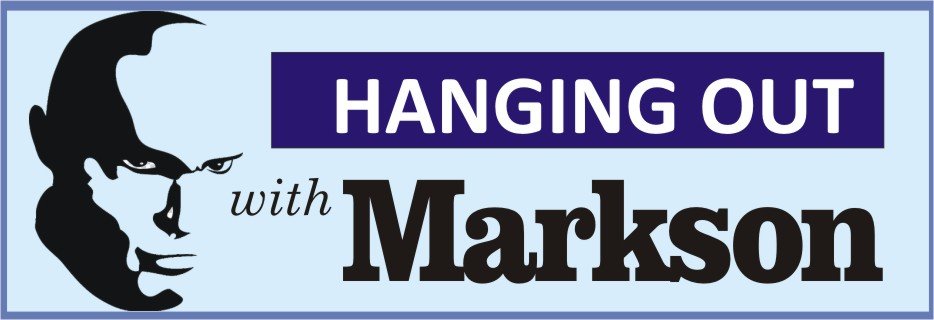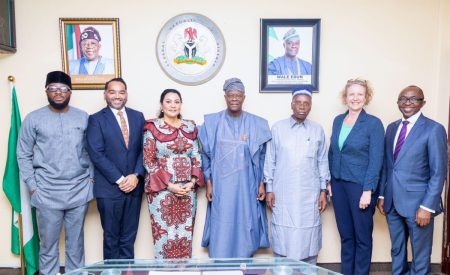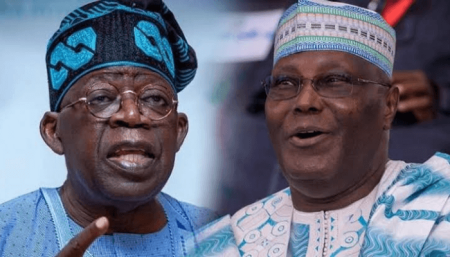 Port Harcourt — You may not like Governor Nyesom Wike of Rivers State or his style, but you cannot help concede to his hero, if not cult status in the South South. Reason? He went to court to ask for the right to collect value added tax (VAT) in his state. A Federal High Court sitting in Port Harcourt agreed, saying the Federal Inland Revenue Service (FIRS) “has no constitutional authority to enforce and administer taxes not expressly stipulated under Items 58 and 59, Part I, Second Schedule to the 1999 Constitution of the Federal Republic of Nigeria.” As pro-restructuring forces celebrated the judgement, the Rivers State House of Assembly, with surprising efficiency, enacted the State Value Added Tax (VAT) Law No. 4 of 2021. Wike, a PDP henchman, signed it into law on August 20; the judgement was given only on August 11. To complicate matters, an APC-ruled state like Lagos commenced its VAT collection efforts, just as Ekiti and others toyed with the idea.
Port Harcourt — You may not like Governor Nyesom Wike of Rivers State or his style, but you cannot help concede to his hero, if not cult status in the South South. Reason? He went to court to ask for the right to collect value added tax (VAT) in his state. A Federal High Court sitting in Port Harcourt agreed, saying the Federal Inland Revenue Service (FIRS) “has no constitutional authority to enforce and administer taxes not expressly stipulated under Items 58 and 59, Part I, Second Schedule to the 1999 Constitution of the Federal Republic of Nigeria.” As pro-restructuring forces celebrated the judgement, the Rivers State House of Assembly, with surprising efficiency, enacted the State Value Added Tax (VAT) Law No. 4 of 2021. Wike, a PDP henchman, signed it into law on August 20; the judgement was given only on August 11. To complicate matters, an APC-ruled state like Lagos commenced its VAT collection efforts, just as Ekiti and others toyed with the idea.
A triumphant Wike later addressed a public forum in which he asked the business community in Rivers State to wake up to the new reality, but before his officers started counting their takings, an Appeal Court in Abuja halted the Rivers State government from collecting the tax “all legal disputes relating to the matter are resolved.” All eyes are on the Supreme Court as it is expected that the matter will eventually get there, but regardless of what the apex court will say, Wike’s walk with history is sure. Why all the hullabaloo over VAT? It is partly a money problem. When you buy a television set or pay for a flight ticket, you are required to part with 7.5% of the cost to the government, (we will know which soon.) VAT came into effect in Nigeria through Decree No. 102 of 1993, taking the place of the sales tax operated under Decree No. 7 of 1986, “administered by states and the Federal Capital Territory.”
VAT takings made up more than 16.2% of the Gross Domestic Product in 2019. The National Bureau of Statistics reports that Nigeria earned about N2.5 trillion from January 2020 to June 2021 from this mode of taxation. VAT was 5% but increased to 7.5% in February 2020. Lagos and Rivers account for over 70 per cent of VAT proceeds in Nigeria. You can then imagine the hole in the purse of the Federal Government if Wike whisks this jewel away. About 30 states which depend on allocations from the centre, in what has been aptly described as “feeding bottle federation” will be in serious trouble.
The fight over VAT is also political. Although Rivers State and others will definitely make more if they collect their own VAT, what has endeared Wike to many is that, at last, federating units have the opportunity to determine their future. Faced with insecurity, unemployment and food prices hitting beyond the roof, many Nigerians feel the answer to their problems is restructuring. But let’s try to count our teeth. While restructuring is being touted as the silver bullet that will solve all of Nigeria’s problems, many of the proponents do not have the slightest idea of what this exactly means or the shape and manner it should take. Do we forget quickly the creation of Amotekun as a security outfit in Western states, which we felt will solve the security challenges there in one fell swoop? Today, the banditry and kidnapping in those areas haven’t stopped. IPOB is also warmly applauded in the Eastern part of the country even when the movement hasn’t been able to show the route to the paradise it promotes daily on social media.
We will recall that the sales tax which VAT replaced in 1993 was collected by the states and the Federal Capital Territory, but the responsibility for VAT takings shifted to the Federal Government because it was thought that the federating units did not have the capacity to implement the process. This may have been a means to increase the revenue to the federal government, but Rivers and other states must begin to seriously ask themselves if they possess the system and personnel to collect the new taxes (that is, if they eventually win.) If they don’t, and this results in them getting less than what they did under the regime they help to dismantle, it will mean a painful own-goal that could have been easily avoided. This may not be a popular view at this heady times but is nevertheless worth noting. For all the noise about how the VAT battle weighs well for the clamour for restructuring, it must be stressed that it will take more than states winning the right to collect this tax as a stepping stone to solving the myriad of problems that faces Nigeria. The violence we see daily defies categorisation; food prices have shot through our pockets; the cost of essentials get higher by the day and yet there is no end in sight. Our leaders must be out there seriously thinking of how to solve these problems, not content in potentially pyrrhic victories. If Nigeria needs to restructure, we must agree the terms, manner and timing.
My heart goes out to Vice President ‘Yemi Osinbajo in all of this VAT battle. The professor of law has been quiet on this matter and I think I know why. In 2003, the Lagos State Government under Asiwaju Bola Tinubu of the Alliance for Democracy decided to create 37 local council development areas (LCDAs) in addition to the already-existing 20 local government areas. This drew the ire of the PDP-led Federal Government which argued that the new entities did not have the blessings of the 1999 Constitution (as amended) and withheld funds due to all the local governments in Lagos State. Tinubu argued that a federating unit had the right to create local councils to meets its development needs. The dispute went all the way to the Supreme Court which ruled that, while Lagos State had the right to create local councils, the new entities would however, be known only to their creator, until the National Assembly gave them legal backing to join the 776 councils nationwide which are listed in the 1999 Constitution. The man who made the case for Lagos State was its state Attorney General and Commissioner for Justice, ‘Yemi Osinbajo. What will he say to Wike’s effort to assert the right of a federating unit?



